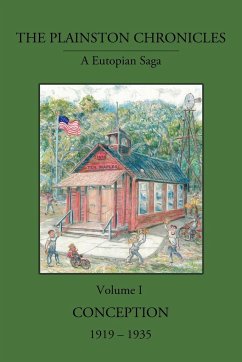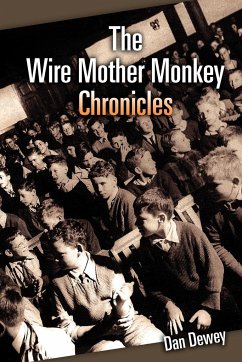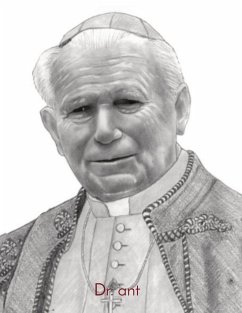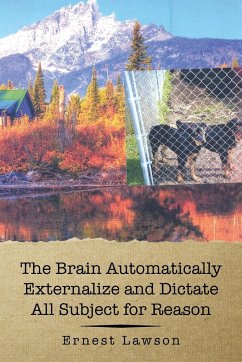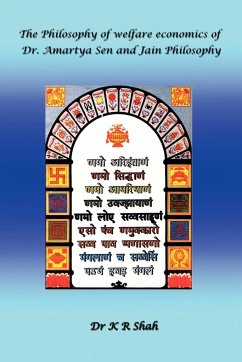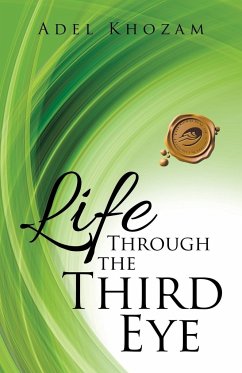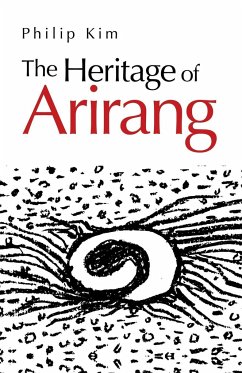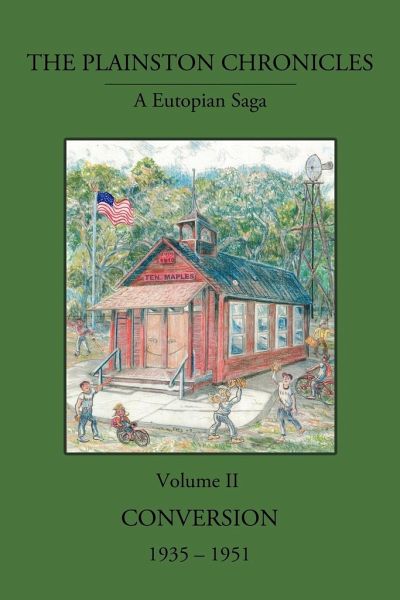
The Plainston Chronicles
Volume 2
Versandkostenfrei!
Versandfertig in 1-2 Wochen
26,99 €
inkl. MwSt.

PAYBACK Punkte
13 °P sammeln!
In 1935, Walt Hazlitt teaches biology and agriculture classes at the local high school in Plainston. He's a man who tries new ideas, and he's a popular teacher with the students. They say, "He really trusts us, and respects us, and thinks we can do the work ourselves, helping each other. It gives us a lot of confidence in ourselves." But his tenure is not without its problems, as is revealed through a series of letters, journal entries, and editor notes. The Plainston Chronicles: Volume II follows Walt, his friends, and associates through their trials and tribulations from 1935 through 1951. F...
In 1935, Walt Hazlitt teaches biology and agriculture classes at the local high school in Plainston. He's a man who tries new ideas, and he's a popular teacher with the students. They say, "He really trusts us, and respects us, and thinks we can do the work ourselves, helping each other. It gives us a lot of confidence in ourselves." But his tenure is not without its problems, as is revealed through a series of letters, journal entries, and editor notes. The Plainston Chronicles: Volume II follows Walt, his friends, and associates through their trials and tribulations from 1935 through 1951. From race to athletics, relationships to prom, The Plainston Chronicles: Volume II captures the issues of the day. More importantly, this novel offers a model for educational reform. It envisions a school that addresses the whole child, not just book learning. It hopes for a school where at an early age, children learn to care about and for their fellow students. It proposes a school that is interactive with its community and impacts it in a positive way-the effects rippling out beyond the immediate community and ultimately affecting governments and the way nations are run.





